|
I always enjoyed a challenge. Loved to find the edge and see how far past it I could go. Unfortunately, this was also how I dealt with self-care. Internally, it was a badge of honor that I could get by with so little. (Now, as I actually type the words it seems INSANE, but this was how I lived for most of my life.)
In my Postpartum Doula work it was clear that moms who took better care of themselves had better healing and adjustment. The moms who had the best postpartums were the moms who knew what they needed, voiced their needs, and took action to meet those needs. By the time I had my third, I was able to be one of those moms. I stayed in my room for almost 3 weeks. For the first time, I did NOT get mastitis or other infections. I actually felt like normal self--not like a refugee on the brink of survival. (which, by the way, is absolutely how I felt for MONTHS after my first two births) It took me longer to fully understand my resistance to self-care....But I fully embrace it now! When I catch myself being impatient or cranky, it's almost always because I skipped some basic need. i.e. being tired, literally not eating when I should, etc. It's much easier to take care of the need or make a plan to do it soon than to battle the internal shame spiral! It's exciting to see self-care becoming more prominent in the world of motherhood....Yet, this ideal of martyrdom lurks in our subconscious programing. When I feel it creeping in, I think about the oxygen mask on planes....Take care of yourself first, so that you're actually ALIVE to help others. Do you think moms get the message to take care of themselves? Do you feel like you should be able to do it all by yourself? Does asking for help feel like a vulnerability to you? What do you do to take care of yourself? What fills your cup? Please share your experiences and thoughts. I want to see mothers flourish at every stage. I doubt I'm the only one with these self-sabotaging tendencies. Photo By: Megan Gray Photography
0 Comments
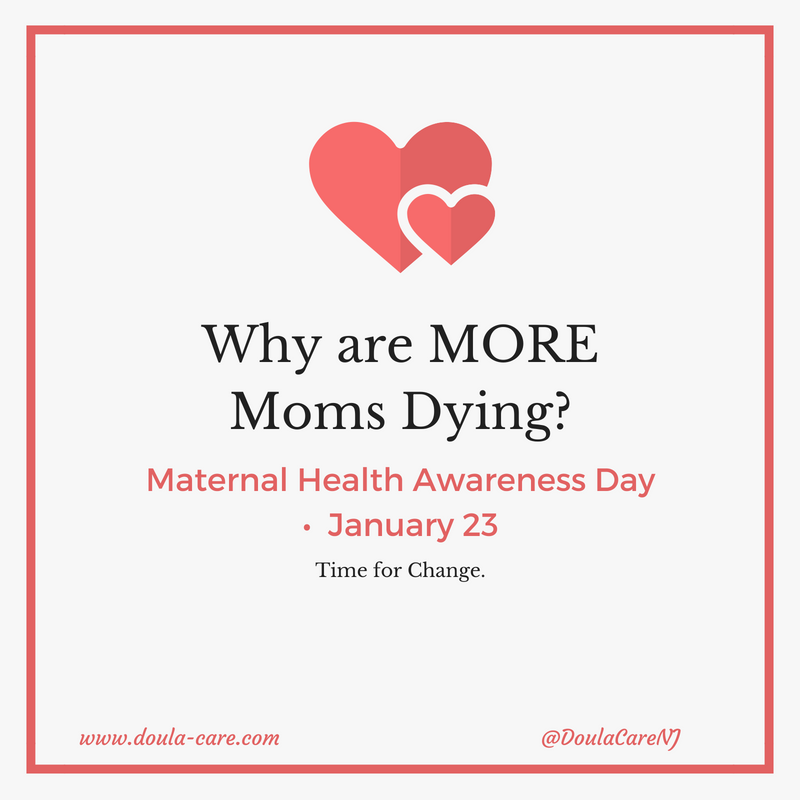 We are the only industrialized country with RISING maternal mortality rates. Perhaps, like me, you are shocked. On average, 2 women die each day following childbirth in the U.S. One Hundred more have complications severe enough to be re-admitted to the hospital. I'm still struggling to get my mind around this. But, the good news is, 40-50% of these deaths are preventable. And, 30-40% of severe complications are preventable. Where do we begin? 1: WOMEN-CENTERED CARE We have a history of focusing on the babies to the exclusion of the mothers. The moms are often an after-thought in prenatal care, birthing and certainly in Postpartum. A woman's emotional, mental, and physical health have a tremendous impact on their baby's health and survival. What if we started truly listening and responding to women's needs and concerns? Tragically, the stats are far more bleak for minority women! "African American women are five times more likely to die as their white counterparts." 2: FOLLOW-UP CARE FOR HIGH RISK PATIENTS Most maternal deaths are from obstetric hemorrhage and severe hypertension or preeclampsia. Typically, these moms leave the hospital and are not scheduled for any follow-up care for 6 weeks. Dr. Karen Koscica said that all high risk patients should be seen 1-2 weeks postpartum. 3. POSTPARTUM RECOVERY EDUCATION While most other countries and cultures have a lying-in period (where new mom stays in bed for 2-5 weeks), we have NOTHING here. Often just discharge papers saying not to drive for 2 weeks. These moms are coming home 2-3 days after birth, some after major abdominal surgery, and there is no support or help in place. The physical demands of postpartum recovery are HUGE....especially since most women are trying to heal from pregnancy, birth, and possibly surgery, while waking every 2-3 hours to care for a newborn and breastfeeding! We can do better! We can prepare moms for what to expect and help them choose postpartum care. We can educate partners, friends and family on how to take care of mothers while they recover. I hope to see Postpartum Doulas covered and or the expense reimbursed by insurance...But, in the meantime, we can realize that the stakes are literally life or death. For more information, please visit: http://www.tarahansenfoundation.com/www.tarahansenfoundation.com/ http://www.nj.gov/health/news/2018/approved/20180123a.shtmlwww.nj.gov/health/news/2018/approved/20180123a.shtml Do you have a hard time asking for help?
My people! Postpartum is especially tricky for those of us who have difficulty here. Our culture has created an elegant trap. First, we deny Postpartum Recovery is a thing. ("Women out in the fields used to give birth, tie the baby to their back and get back to the crops!" Ummmmm. not really. In fact, the vast majority of cultures have a traditional "lying in" period where the new mom goes to bed for about a month.) Second, we pretend like your strength will be measured by how quickly you get back to "normal." (Recall countless tabloid pics of celebrities looking as if they were never even pregnant weeks afterwards....Note their army of personal trainers, chefs, nannies, stylists are rarely pictured.) You are not supposed to "get back to normal." You brought a new human into the world. You are not meant to resume life as it was before immediately. We are designed to SLOW DOWN and FIND A NEW NORMAL. A new way of being in the world with our baby. When I had my first baby, I was emotionally overwhelmed and had not prepared at all for Postpartum. What limited "help" was available was only interested in holding my baby. I didn't trust myself enough to explain what I really needed and I didn't believe they would actually help me with food, laundry, etc. My recovery took at least 4 months. But I was not the only one who paid the price for not knowing any better....My baby missed out on having a healthy, functional intact mother for that time. It can make us feel vulnerable to ask for help. We might be afraid of being judged or even denied. I get it! But, Postpartum is all about stretching into new and uncharted waters. When I had my third baby, I committed to Doulaing myself. I basically stayed in my room for 3 weeks. I graciously accepted meals and friends' offers to take my kids out. And you know what? I was HEALED and recovered by the 4th week. (I was 9 years older than when I had my first, and this was my biggest baby, too!) I gradually eased back to a manageable pace after that. But it was an absolutely amazing contrast to my first and second postpartum experiences. If you get tripped up thinking it is not "necessary" or you're somehow not deserving of the help, think about your baby. Your baby deserves a healthy mama--not one that is struggling with avoidable complications or barely functional. Make a plan for your Postpartum Support. Be brave enough to ask for help when you need it. And, if you are struggling, please reach out. I can help connect you with resources and all communications are completely confidential. Contact me. Or check out some of the amazing resources and support available to Monmouth County moms here. Most first time dads have never taken care of a newborn. Thankfully, you don't need experience--you need a willingness to learn. *Start with your partner! While she's recovering from pregnancy, birth and learning to breastfeed, someone else needs to handle all the tasks she used to do. It doesn't matter whether it's you, family, friends or a Postpartum Doula....What matters is that she isn't stressed about it! The more she can rest now, the faster she will recover. Offer support and encouragement. Remember, it's new to her, too! Navigating the dramatic hormonal shifts and physical demands is more challenging in the first few weeks. Anticipate her needs. Offer food, make sure she always has a drink, do everything you can to help her get as much rest as possible. If you're not sure how to help, ask her! *Get to know your baby! Bond with your baby: Make eye contact, talk, hold, and have as much skin to skin contact as possible. Offer your pinkie finger to suck on (newborns prefer fingers to pacifiers--and it doesn't create nipple confusion, which can complicate breastfeeding.) Be patient. Remember that your baby is going through a huge transition and is still learning how to function outside the womb. The calmer you are, the calmer your baby will be. Wear your baby. There are many different styles of carriers--you can find one that works for you both. Click here for babywearing basics. The sooner you start building a relationship with your baby, the easier it is! Have questions? Feel free to contact me--I'm happy to answer your questions. What is the difference between a Baby Nurse and a Postpartum Doula? A Baby Nurse cares for your baby while a Postpartum Doula cares for your whole family.
A Baby Nurse is a "non-clinical newborn care specialist with extensive hands-on baby infant experience." A Baby Nurse will change diapers, feed your baby or bring baby to you for feedings, organize your nursery, bathe and care for your baby. A Baby Nurse will also do the baby's laundry. A Postpartum Doula cares for the whole family. (The mother is the primary focus because that is the best way to insure baby's optimal health and development.) A Postpartum Doula does all the baby care things a Baby Nurse does...And, she'll do YOUR laundry, make meals for your whole family, spend time with your other children, do your dishes, help you heal more quickly and be a source of positive support. Whether you are a first time parent, recovering from birth trauma, facing feeding challenges, or just wanting an objective third party to help without emotional politicking every parenting choice you're making, a Postpartum Doula will help. The Postpartum Doula strives to help you master baby care with confidence, rather than taking it over for you. However, she'll also care for your baby so you can rest, nap, shower, or have a break. Most Postpartum Doulas do not stay alone with your baby. If this is an important factor for you, be sure to ask ahead of time! Baby Nurses and Postpartum Doulas are both fields without consistent regulation. It is important to ask about individual training, experience and CPR certification. Have questions? Please ask! Feel free to comment with your Postpartum Doula or Baby Nurse experience. 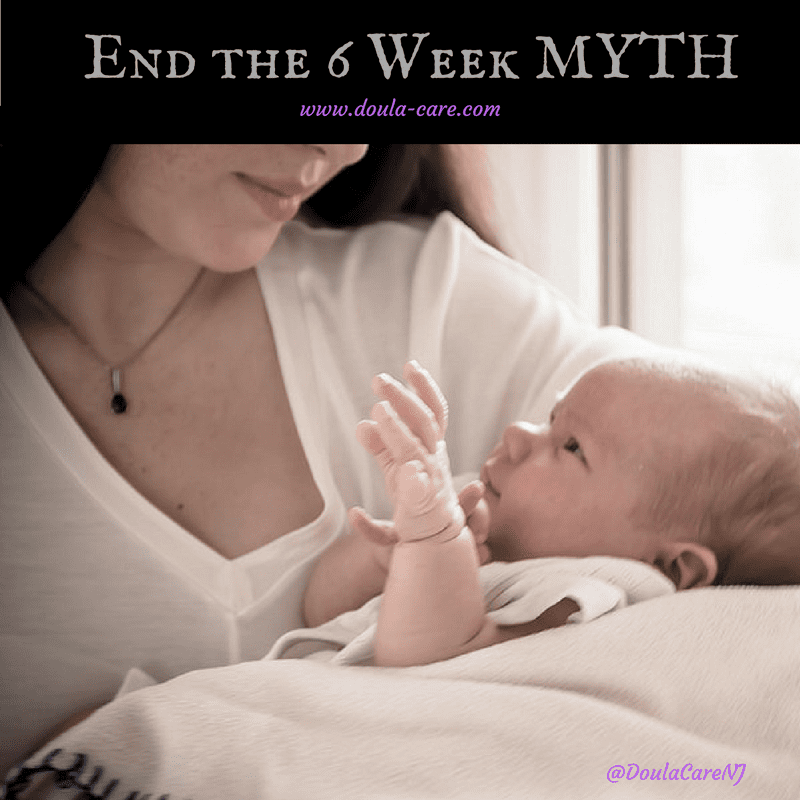 Postpartum Adjustment is not determined by the size of your uterus because it is not strictly physical. The overall emotional and mental postpartum adjustment typically takes months. And for some, it may take the full year. Many moms are misled to believe that at 6 weeks, they should be recovered. And what if you reach that deadline and you are NO WHERE NEAR healed or feeling like yourself? Processing your birth experience, physical recovery from pregnancy/birth/c-section, integrating your role as a mother or adjusting to a new baby while still caring for your other children, not sleeping, and breastfeeding your baby.....in a time and place where moms are given very little preparation and almost no care? Not many moms are able to do all that in 6 weeks! Giving false expectations without tools to empower them in this process is negligent and cruel. I've started with clients who were 2-4 months postpartum....and often this involves going back to heal birth trauma, the feelings of loss/isolation, help them rebuild or define how they want to mother and learning how to take care of themselves and their babies. (There are some Postpartum Doulas who strictly limit Postpartum Doula Care to the first 6 weeks. If you you are more than 6 weeks postpartum and unable to find help, please contact me. Regardless of where you live, I can help connect you with resources and create a plan to help.) Finally, from a clinical psychological stand point, if mom develops Anxiety or Depression 8 months after birth, it will be diagnosed as Postpartum Anxiety, Postpartum Depression, Postpartum OCD, etc. I resent the "one size fits all" approach. Some mamas need more time. Some mamas have more to heal and recover from or less resources. For now, I'll stick with the "CHILDBEARING YEAR" because it is much more representative. There are stages and levels you'll approach way before the first year ends, but it's more realistic. For my favorite in-depth exploration, please read and share this book: The Year After Childbirth by Sheila Kitzinger. The Holiday Season is coming. It can be a fun and magical time, but when it's your first Holidays with your baby, it can bring extra stress. Keeping it in perspective will help you navigate gracefully.
*First and foremost, remember: it will not always be like this! * This is just one Holiday Season--not a reflection on you as a parent or a person. Enjoy! Your little one will have no conscious memory of it anyway! *Give yourself permission to take SHORTCUTS! Be strategic with your time, energy and resources so that you won't be too exhausted to cherish it.....Question everything: what is necessary and what can be skipped? (Or at least tailored to be more mom/baby friendly.) If it's something that makes you happy, go for it. If it's something you do out of obligation, brainstorm other options. *It's okay to nest in. Many new moms find large groups overwhelming, especially in the first few weeks. Find a diplomatic out, and fib if you have to. ("The doctor said we can't have the baby around so many people....in a house with pets....etc.") If some people might be disappointed to not see you at larger gatherings, offer an alternative visit at a later date. Your primary commitment is doing what is best for you and your baby. Often, the hidden consequence of overdoing it and trying to please everyone else can be a baby exposed to colds and germs unnecessarily or mom developing exhaustion or an infection, etc. The best gift you can give your baby is a CALM, HEALTHY MAMA! I'll be wishing you a peaceful holiday where you hopefully feel nourished and supported by your family and community and able to truly enjoy this season with your baby. There is an unending stream of misinformation regarding babies and sleep Often, parents feel like they have 2 choices: coping with frequent wakings or some form of "Cry It Out." But, Elizabeth Pantley offers up an elegant, compassionate and practical alternative: "The No-Cry Sleep Solution for Newborns."
Elizabeth Pantley is a mother of four and grandmother who approaches sleep with sensitivity and common sense. She presents evidence-based information on how you can encourage healthy sleep habits from day one, while responding compassionately and individually to your baby. I love that all of her information SUPPORTS healthy bonding and successful breastfeeding. (Many Cry It Out methods jeopardize breastfeeding.) With three children of my own and 13 years as a Postpartum Doula, I wasn't sure how much new information I would find,,,,I was delightfully surprised! Like her other books, The No-Cry Sleep Solution for Newborns is easily approachable, no matter how tired/hormonal/exasperated you are. You'll find clear techniques to help your baby sleep longer while avoiding many common pitfalls (like babies who want to be held, need to be in motion for every sleep event, or need a breast in their mouth to fall asleep). I love that Pantley recognizes and respects both babies and parents as individuals and offers multiple options and strategies for different scenarios. Her approach is gentle, and takes into consideration both newborn and parents' needs during the early weeks, while keeping an eye on the long-view. If all parents read this book before the birth, it could significantly alter the landscape of family life with a baby. Even if you are expecting your fifth baby, this book can empower you with tools to maximize your baby's sleep potential while avoiding the common crutches many babies tend to develop. Somewhere within all new moms lies a secret fear...What if you can't really do this? Or can't do it like your sister, friend, neighbor, or what's-her-name on Facebook--the one with exclusively organic homemade food & insanely clean home. Or, perhaps worst of all, can't do it the way you always imagined and expected you would?
When it comes to mothering, there will always be someone who you think is doing it better than you. Often this is just a projection of insecurity. Just because her Instagram shows a perfectly clean corner of her house doesn't mean every aspect of her mothering is perfect. I've worked intimately with over 100 moms in the last 13 years, and what I can tell you is MOTHERING IS HARD. EVERY MOM HAS HER STRUGGLES, QUESTIONS HER CHOICES, AND FEELS INADEQUATE AT TIMES. What varies is the specific issue (breastfeeding, working/SAHM, sleeping. etc.) and how upfront she is about it. Some moms are really good at putting their best foot forward, but that doesn't mean they aren't struggling. Two keys to surviving: Connect with moms you click with and let you share your struggles....It's vital to have real support whether you find it in moms' support group, your church, your friends, or family. Secondly, accept that there is no perfection--you just have to do your best with what you've got. Labor Doulas help you during the labor and birthing process. Postpartum Doulas help you after. One is not more important than the other. Which may be more helpful depends on the individual circumstances and people involved. Utilizing both may offer the greatest benefit. Labor Doulas usually begin meeting with expecting parents months before the birth. They'll establish a relationship and build a birth plan. Once labor begins, the Labor Doula provides continuous support--physical, emotional and informational. She'll help you recognize the various stages of labor, keep you calm, show you positions and techniques to ease your pain, and help you immediately after the birth. Most Labor Doulas do a Postpartum Visit as well, to recap the birth, see how you're adjusting and often give Birth Stories or pictures. Postpartum Doulas often meet with expecting parents before the birth. (Or, after the birth, when parents are suddenly overwhelmed!) Postpartum Doulas provide physical, emotional and informational support after the birth. They'll help you recognize normal stages of Postpartum Recovery, Newborn Development and Breastfeeding. Postpartum Doulas show you techniques to keep you comfortable and speed healing while you are recovering. They'll guide you in newborn care (bathing, feeding, soothing, etc.) if you're a new mom, or care for your other children if you're not a new mom. They'll help with laundry, dishes and food preparation so you can rest. Postpartum is not as clearly defined as Labor....Most women will not be in labor for more than 24 hours. Postpartum Recovery is at least 6 weeks, but Postpartum Adjustment can take 3-4 months or more--especially when adequate support is lacking. It's important to have an advocate during your journey. Each Doula has their unique place in a complete birth and recovery plan. |
AuthorPostpartum Doula, Breastfeeding Counselor, Mother of Three. Archives
May 2018
Categories
All
|
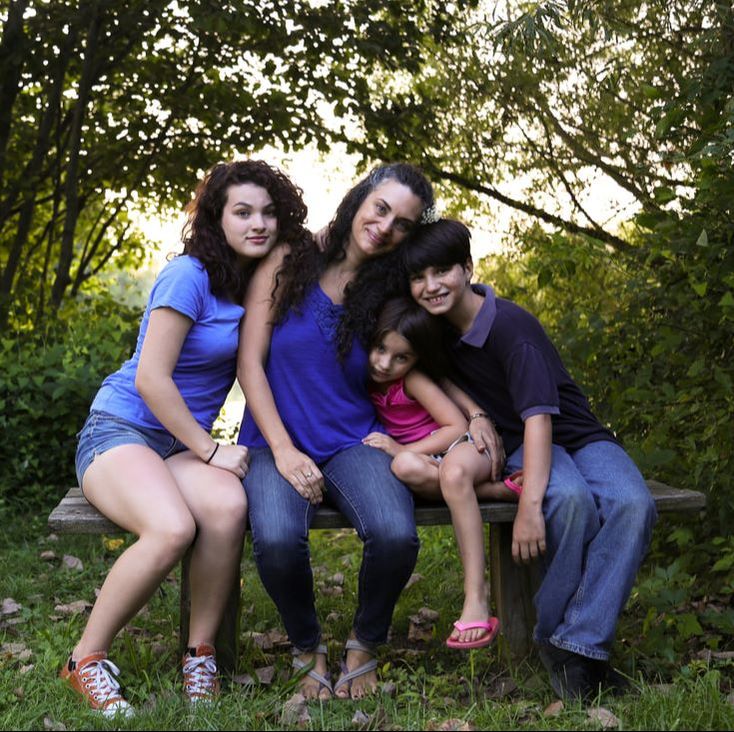
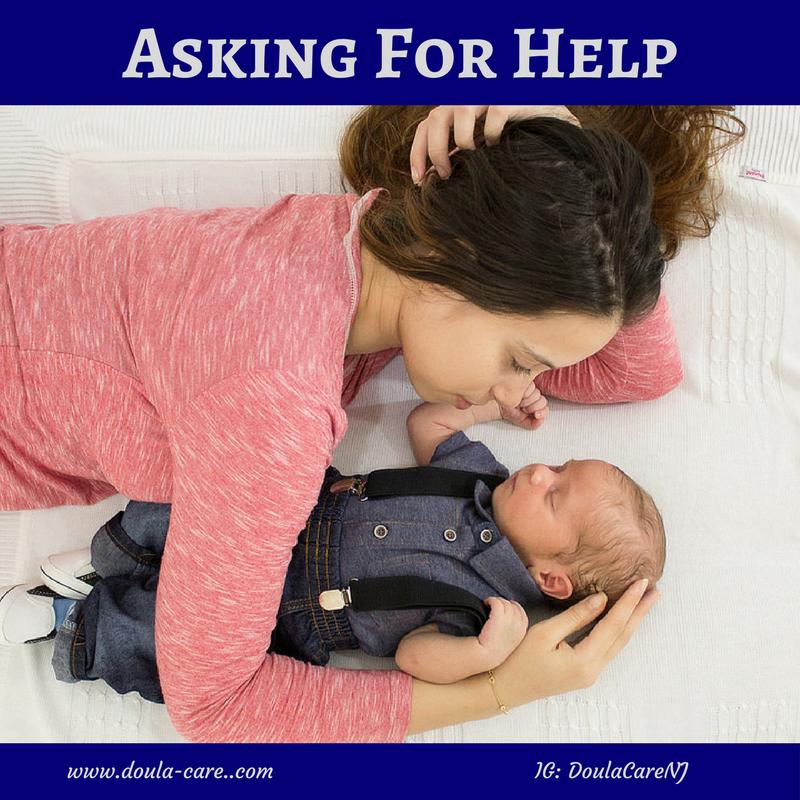

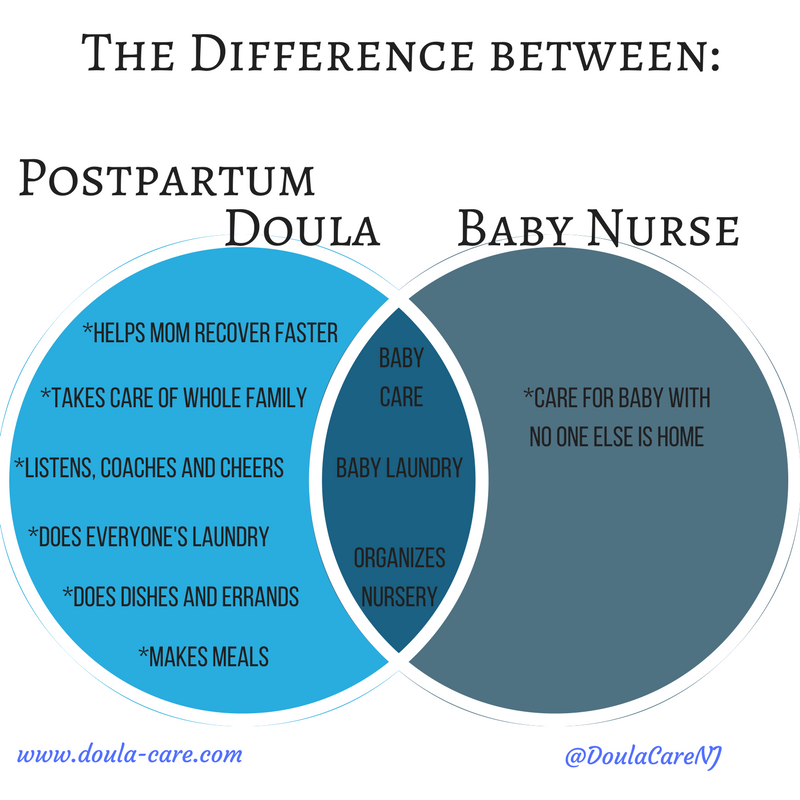
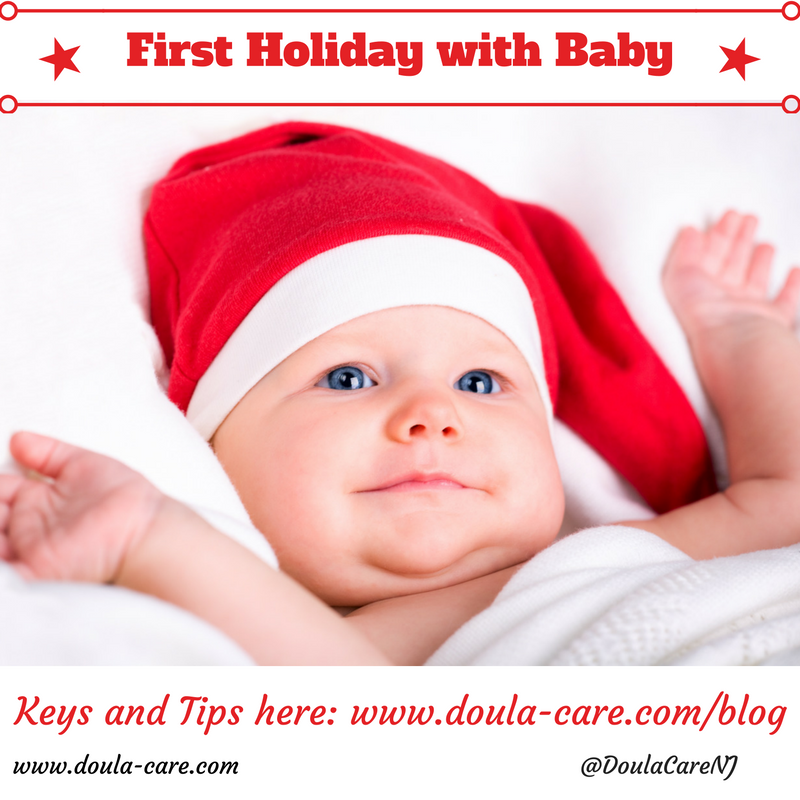
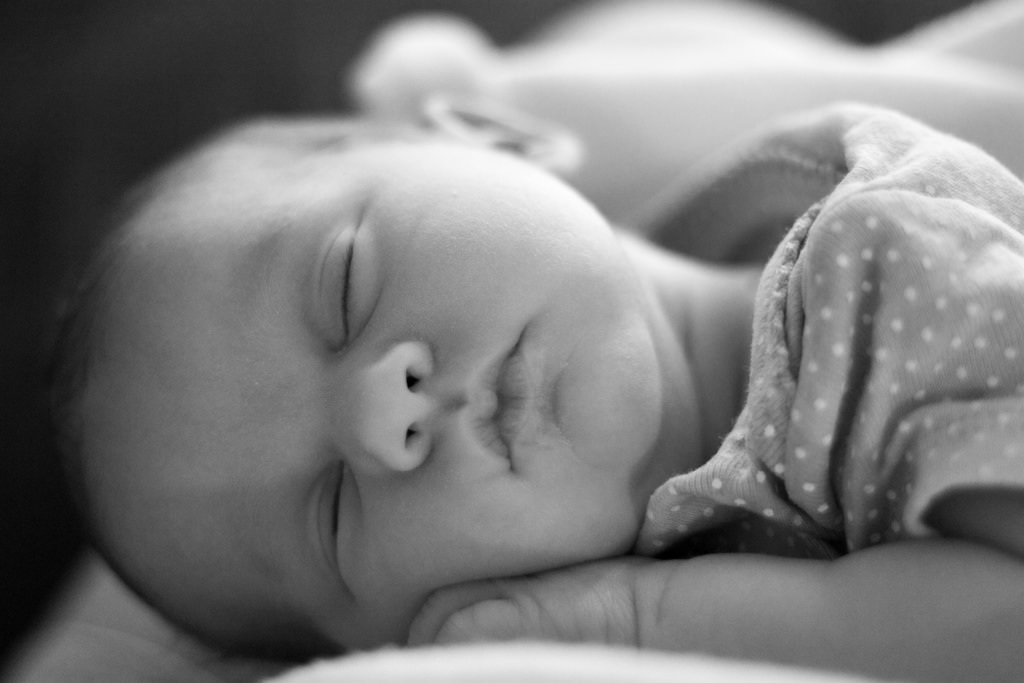
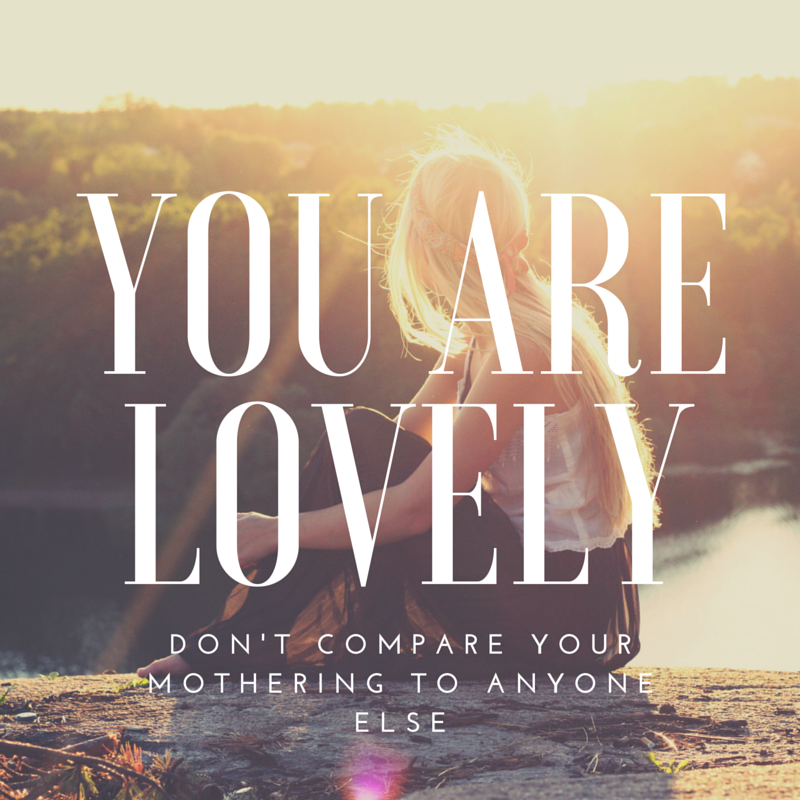
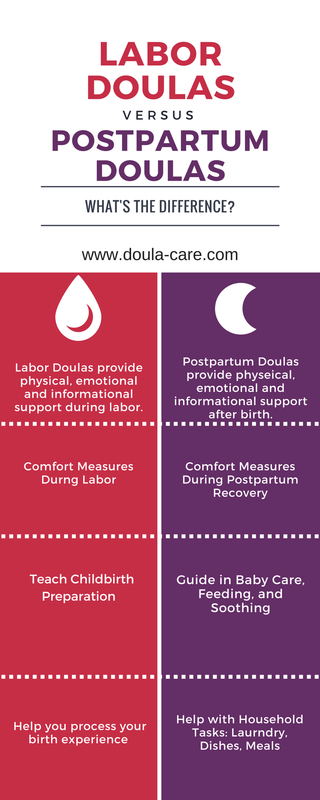
 RSS Feed
RSS Feed
